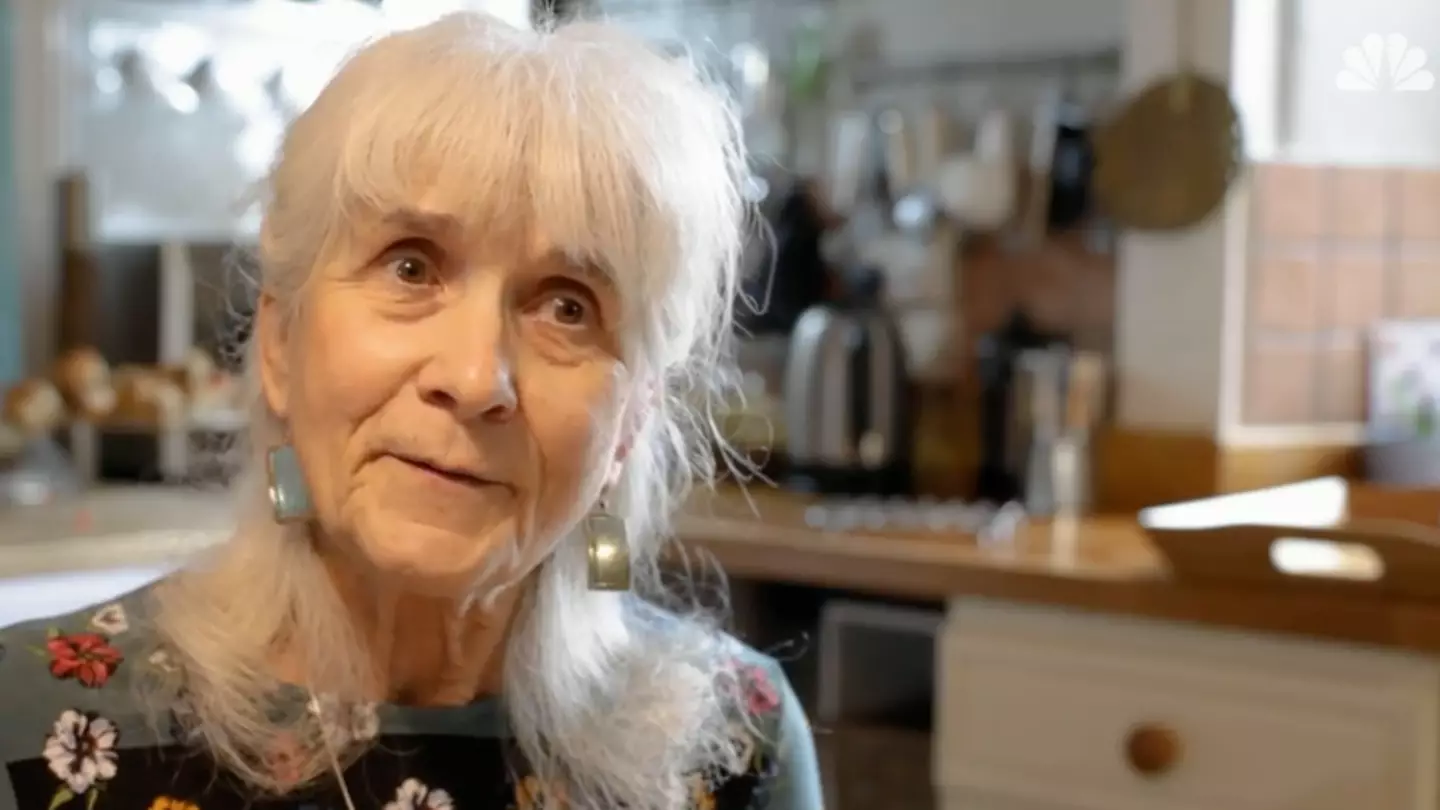
Scientists have made a mind-blowing discovery in the case of a woman in Scotland who has a rare genetic mutation which saves her from feeling pain.
Up in the Highlands of Scotland lives Jo Cameron, who says she has lived essentially a pain-free life.
The 77-year-old woman even reports she has never felt anxious or scared, all because of a genetic mutation, and hit headlines in 2019 when doctors discovered she could feel no pain, stress or fear.
Jo discovered the condition a decade ago when she was 65, after seeking treatment for a problem with her hip.
Advert
Medics determined she had severe joint degeneration but Jo had felt no discomfort or hurt from the condition, and stumped doctors when not only did she say she couldn't feel anything but made a seemingly easy recovery.
The former teacher then had surgery on her hand just weeks later to treat osteoarthritis, and likewise felt no pain afterwards despite the operation being considered excruciating.

It was at this point that a consultant referred her to pain specialists at UCL in London.
Jo says she's had broken limbs, cuts, burns and gone through childbirth, as well as numerous surgeries with little to no pain relief required.
She even said she can chomp down on scotch bonnet chilies and feel only a 'pleasant glow'.
Incredibly, she says when she's burnt herself by leaning on the Aga accidentally, she can't feel it but can smell her skin burning, telling The Guardian in 2019: "I’m vegan, so the smell is pretty obvious.
"There’s no other burning flesh going on in the house.”
Now, scientists have set to answer how the mutation enables Jo to age and experience such surgeries without pain with experts from the University College London (UCL) recently discovering how mutations in the FAAH-OUT gene work at the molecular level.
It is believed the same biological mechanisms also helps to heal wounds more quickly with researchers keen to see how their findings could work into new drugs as a solution for effective pain management and for the treatment of chronic pain.

Professor James Cox, of UCL Medicine, told Sky News: "By understanding precisely what is happening at a molecular level, we can start to understand the biology involved and that opens up possibilities for drug discovery that could one day have far-reaching positive impacts for patients."
The researchers, who published their findings in the journal Brain, found out that the FAAH-OUT mutation 'turns down' the expression of the FAAH gene, which is linked to pain, mood and memory.
Studying Jo, they found the enzyme activity levels in her FAAH gene to be significantly reduced - and found increased activity in another gene, WNT16, which has been associated with bone generation.
The woman also has two other modified genes, BDNF and ACKR3, which the scientists say could promote her low anxiety, fear and painlessness.
Dr Andrei Okorokov, also of UCL Medicine, a senior author of the study, added: "The FAAH-OUT gene is just one small corner of a vast continent, which this study has begun to map.
"As well as the molecular basis for painlessness, these explorations have identified molecular pathways affecting wound healing and mood, all influenced by the FAAH-OUT mutation.
"As scientists it is our duty to explore and I think these findings will have important implications for areas of research such as wound healing, depression and more."
Topics: Science, Scotland, Health, World News